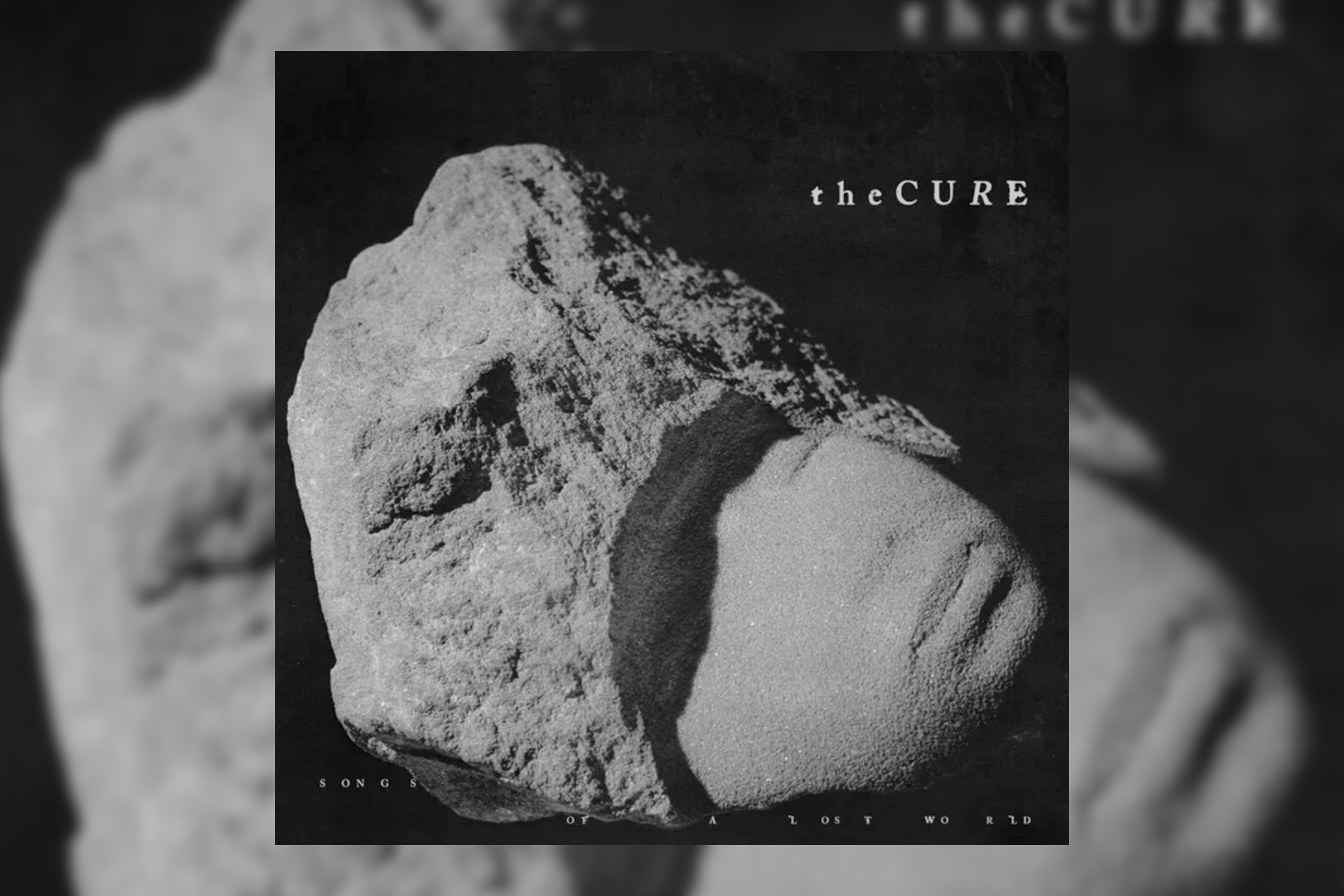As a defining figure of the 80s and 90s rock scene, The Cure’s mix of gothic lyrics and nostalgic, bittersweet instrumentals proved successful among audiences and critics — establishing themselves as genre staples.
The band’s newest album, Songs of a Lost World, comes 16 years after their previous work, 4:13 Dream. This kind of major comeback is risky in a highly cyclical music industry, but the band proved their latest project was worth the wait.
The album is a harrowing glimpse into frontman Robert Smith’s psyche as the sole songwriter. Themes of loss, aging and heartbreak weigh heavy on listeners, but it’s a gorgeous listening experience drawing from the band’s best creative instincts.
The opening track, “Alone,” casts away any doubt that The Cure is washed up. Instrumentals drip with the band’s melancholic sound and Smith’s ghastly vocals — which haven’t aged a day since the 90s.
[With ‘Agatha All Along,’ Marvel TV is finally great — and finally gay]
Downright cold and hopeless, Smith sings about a loss of innocence, being hung up on broken dreams and the passage of time. Lyrics like “cold and afraid, the ghosts of all that we’ve been/We toast with bitter dregs, to our emptiness” creates a depressing but hauntingly beautiful start to the album.
Loss is mentioned often in the album’s quiet ballads. “And Nothing is Forever” is perhaps the album’s best depiction of the theme.
Smith sings from the perspective of a dying man, hoping his loved one stays with him in the end in a relatable cry for intimate connection. Its bittersweet sounds are enough to choke up even the steeliest listeners.
“I Can Never Say Goodbye” also delves into Smith’s grief over his deceased brother, Richard. Dread creeps its way into the song, aided by Smith’s allusions to Macbeth in the repeated line, “Something wicked this way comes.” The dejected piano and rumbling synths enhance Smith’s drained vocals, perfectly capturing bleak feelings of grief.
“Thunder rolling in to drown/November moon in cold black rain,” Smith wails. “This lightning splits the sky apart/And whispering his name.”
But the album also contrasts these reflective moments with songs so harsh enough they suggest impending doom. While not quite as strong, they still offer great moments.
On “A Fragile Thing,” Smith sings from the perspective of his disillusioned lover who believes he has damaged their relationship beyond repair. Angst-riddled from its subject matter to its jangly guitars, “A Fragile Thing” is surprisingly catchy and fits alongside The Cure’s 80s hits. It’s rough, brooding and a nice change of pace from the devastating songs that precede it.
The final track, “Endsong,” is a 10-minute opus that plays to the album’s contrasting strengths. It begins with a synth passage that transforms into heavy guitar-driven distortion — masterfully blending the album’s two major styles.
[‘GUTS World Tour’ movie shows concert to film adaptations continue to work]
Smith’s final lyrics, combined with the impending instrumental, are downright apocalyptic. The chorus repeats the phrase “it’s all gone,” a simple, sullen end to the album. It’s poignant and mournful, and could easily stand side-by-side with The Cure’s greatest classics — an impressive feat in itself.
The Cure maintains their signature sound without feeling dated, providing a moving experience from beginning to end. While it might be too early to reflect on where it stands in The Cure’s larger discography, it’s clearly one of their best efforts in the last 30 years.



